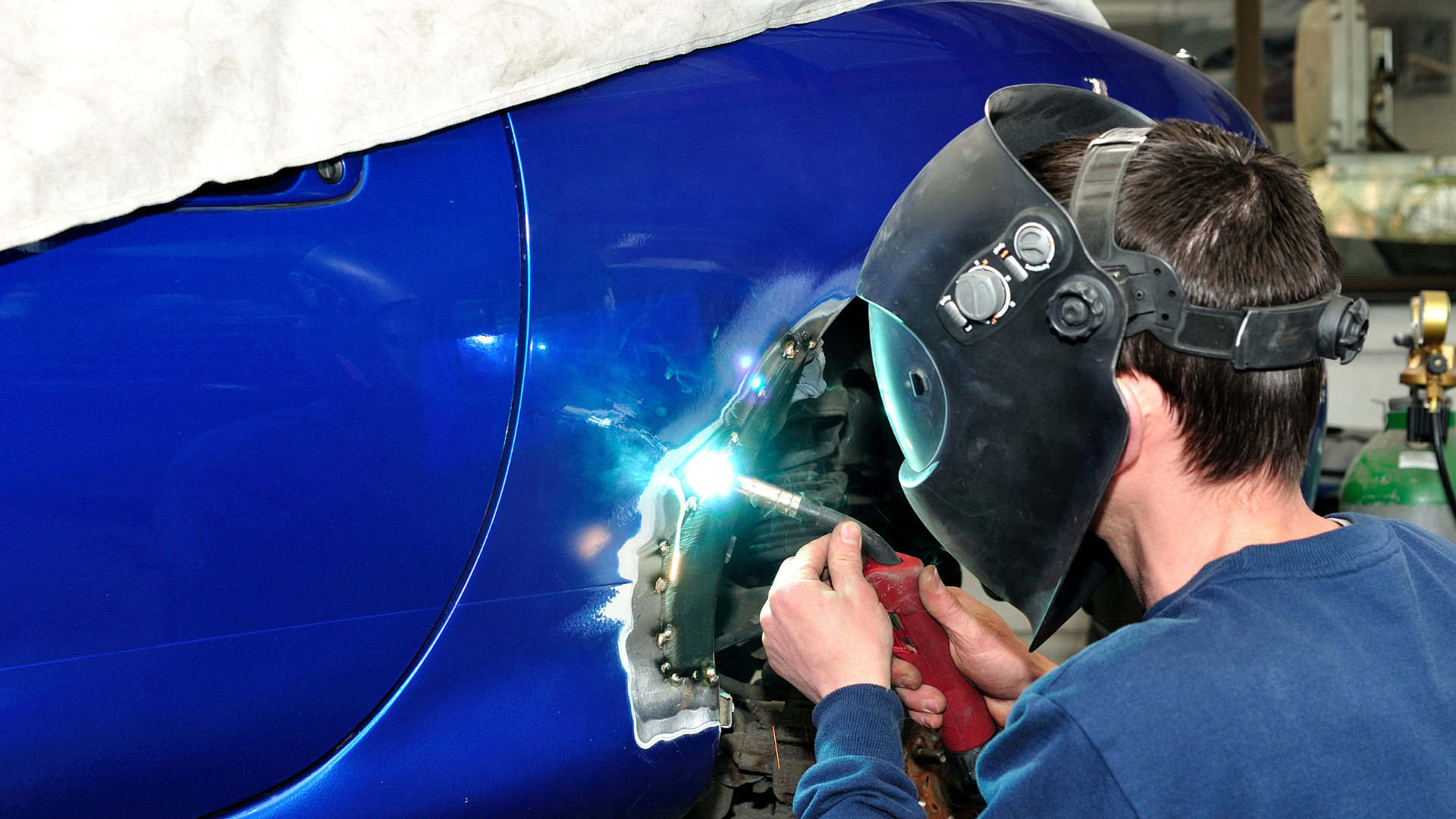How Does Auto Welding Improve Vehicle Safety?

Auto welding plays a crucial role in ensuring the safety and reliability of vehicles. By understanding how this technology contributes to the structural integrity of cars, we can appreciate its value in the automotive industry.
What is Auto Welding?
Auto welding is the process of using automated machinery to join metal parts in a vehicle. This ensures precision, consistency, and efficiency in the manufacturing process. With technology constantly evolving, the use of automated systems in welding has become indispensable for modern vehicle construction. It allows manufacturers to maintain high standards while producing numerous vehicles efficiently and economically.
One common technique used in auto welding is MIG (metal inert gas) welding. MIG welding involves the placement of welds and subsequent cleaning and dressing to create an undetectable repair, a complex task crucial for ensuring the vehicle's structural integrity. As described by experts, the precision required in MIG welding makes it an integral part of the structural repair process.
Auto welding techniques have advanced to accommodate new materials and design innovations. This adaptability ensures that vehicles can be constructed with lighter, more durable, and safer materials. By utilizing various auto welding methods, manufacturers can meet the ever-evolving safety standards demanded by the automotive industry.
The Role of Auto Welding in Structural Integrity
Structural integrity is vital for vehicle safety. Auto welding ensures that metal joints are secure and durable, enhancing the overall strength of the car. By employing precise welding techniques, manufacturers can produce vehicles that can withstand the stresses and strains encountered during regular driving and in potential accidents.
A well-executed weld not only maintains the structural integrity of the vehicle but also ensures that in the unfortunate event of a collision, the car's design will work as intended to protect its occupants. As noted in automotive safety discussions, replacing factory welds with high-quality welds is essential to maintain or even enhance a vehicle's crash worthiness.
Improving Crash Performance with Auto Welding
In the event of an accident, a vehicle’s ability to absorb and dissipate energy can save lives. Auto welding helps in creating strong welds that contribute to effective crash management. These welds ensure that the car's structure behaves predictably under stress, allowing crumple zones to cushion the impact and protect passengers.
The precision enabled by auto welding prevents the inconsistencies typical of manual welding, allowing modern cars to take advantage of sophisticated crash safety designs. This precision is crucial when incorporating advanced safety features, such as automated emergency braking systems and advanced airbag deployment, both of which rely on stable structural frameworks.
Reducing Manufacturing Errors
Manual welding can be prone to errors. Auto welding minimizes these errors, ensuring that each vehicle meets high safety standards. Automated welding systems are less likely to suffer from inconsistencies common to human labor, such as fatigue or oversight, ensuring that each weld is performed to exacting standards.
The predictability and repeatability of auto welding processes reduce the likelihood of defects that could compromise vehicle safety. These systems can detect and correct potential issues in real-time, something that is much harder to achieve in manual welding contexts. This oversight is a key contributor to maintaining the quality necessary for safety-critical vehicle components.
Facilitating Advanced Design and Materials
With auto welding, manufacturers can explore innovative designs and materials that were once difficult to implement, leading to safer and more efficient vehicles. The ability to weld different metals and materials using advanced methods opens up new possibilities in vehicle construction.
For example, manufacturers can utilize lightweight materials such as aluminum and high-strength steel to enhance fuel efficiency without compromising safety. This advancement is facilitated through the introduction of MIG welding techniques that enable the integration of these novel materials into vehicle designs.
The Impact of Auto Welding on Vehicle Safety
Auto welding significantly enhances vehicle safety by ensuring structural integrity, improving crash performance, reducing manufacturing errors, and facilitating advanced design possibilities. As technology continues to advance, we can expect even more improvements in vehicle safety.



